Average Cost of Braces in Mexico
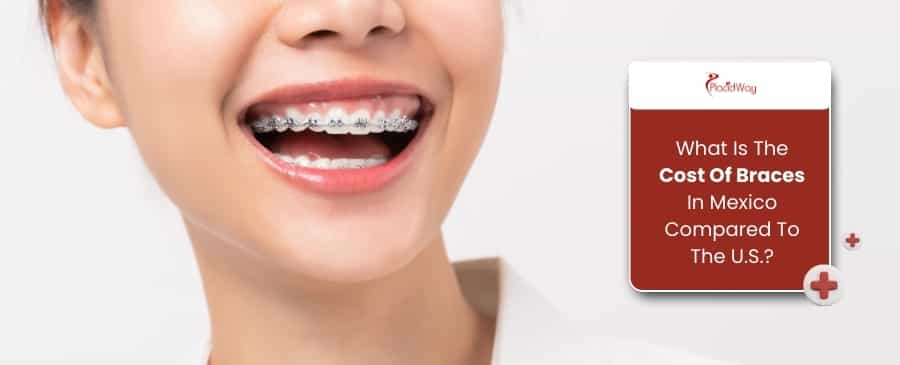
Welcome to a straightforward guide on understanding the cost of braces, especially when comparing options between Mexico and the United States. If you've been considering orthodontic treatment but are concerned about the financial commitment, you're not alone.
Many people are now looking beyond their immediate borders for high-quality, more affordable dental care, and Mexico has emerged as a popular destination for procedures like getting braces. This comparison isn't just about finding a cheaper alternative; it's about making an informed decision that balances cost, quality, and convenience.
We’ll delve into the specifics of braces cost in Mexico compared to the U.S., exploring why such a significant price difference exists and what you can expect in terms of treatment, quality, and overall experience.
What is the average cost of braces in Mexico?
The allure of significantly lower prices makes Mexico a popular choice for orthodontic work. When considering the cost of braces in Mexico, you'll find a wide spectrum of prices, but generally, they are substantially more affordable than in the U.S. For instance, traditional metal braces, which are the most common type, might cost as little as $1,500 to $2,500 for a complete treatment plan.
More advanced options, such as ceramic braces or clear aligners like Invisalign, will naturally be at the higher end of this range, potentially reaching up to $3,500 to $4,000.
These prices usually encompass the entire treatment, including initial consultations, X-rays, fittings, adjustments, and the final retainers. However, it's always important to clarify exactly what is included in the quoted price with any clinic you consider.
The specific location within Mexico can also influence the price; clinics in major border towns or popular tourist destinations might have slightly different pricing structures compared to those in larger cities like Mexico City or Guadalajara.
How much do braces cost in the U.S. on average?
The price tag for orthodontic treatment in the United States is considerably higher than what you would find south of the border. For a standard course of traditional metal braces, U.S. patients can expect to pay anywhere from $3,000 to $7,000. This wide range reflects differences based on geographic location, the complexity of the patient's case, the orthodontist's experience, and the specific practice's pricing model.
When considering other types of braces, the prices escalate further. Ceramic braces, known for their less noticeable appearance, typically fall into the $4,000 to $8,000 range. Lingual braces, which are custom-made and placed on the inside of the teeth, are among the most expensive, often costing between $8,000 and $10,000.
The higher cost of braces in the U.S. is often attributed to higher operational costs, including rent, staff salaries, insurance premiums, and the generally higher cost of living and doing business in the country.
Are there different types of braces, and how do their costs compare?
When considering orthodontic treatment, one of the first decisions you'll face is the type of braces that best suits your needs, lifestyle, and budget. Each type offers distinct advantages and, consequently, different price points. Here's a breakdown of the common types of braces and a general comparison of their costs in both Mexico and the U.S.:
| Type of Braces | Description | Avg. Cost in Mexico (USD) | Avg. Cost in U.S. (USD) |
|---|---|---|---|
| Traditional Metal Braces | The most common type, made of high-grade stainless steel. Highly effective and durable. | $1,500 - $2,500 | $3,000 - $7,000 |
| Ceramic Braces | Similar in size and shape to metal braces, but with clear or tooth-colored brackets, making them less noticeable. | $2,000 - $3,500 | $4,000 - $8,000 |
| Lingual Braces | Custom-made braces placed on the inside surface of the teeth, completely hidden from view. | $3,000 - $5,000 | $8,000 - $10,000+ |
| Clear Aligners (e.g., Invisalign) | A series of custom-made, clear, removable trays that gradually shift teeth into position. Nearly invisible. | $2,500 - $4,000 | $3,500 - $8,000 |
The choice of braces type should always be made in consultation with an experienced orthodontist, who can assess your specific dental needs and recommend the most effective and appropriate treatment plan for you. Aesthetic considerations and lifestyle factors also play a crucial role in deciding which type of braces is the best fit.
Is the quality of orthodontic care in Mexico comparable to the U.S.?
One of the most common concerns for individuals considering dental tourism is whether the quality of care matches the standards they expect at home. For orthodontic care in Mexico, the answer is often a resounding yes. Many dental clinics and orthodontists in Mexico adhere to international standards of practice, utilizing advanced technology and materials comparable to those found in the U.S.
When evaluating the quality of care, it's essential to do your research. Look for clinics that are:
- Accredited: Check for accreditations from national or international dental associations.
- Specialized: Ensure the orthodontist is a specialist in orthodontics, not just a general dentist offering braces.
- Transparent: A reputable clinic will be open about its procedures, materials, and sterilization practices.
- Reviewed: Read patient reviews and testimonials, particularly from international patients.
While general quality can be excellent, like any healthcare decision, due diligence is key. By selecting a well-regarded clinic and a qualified orthodontist, you can feel confident that the lower cost of braces in Mexico does not equate to a compromise in the effectiveness or safety of your treatment.
How do payment plans and insurance work for braces in Mexico?
Navigating payment for orthodontic treatment, especially when crossing borders, requires careful consideration. While the lower cost of braces in Mexico is a major draw, understanding payment structures and insurance coverage is essential.
Payment Plans in Mexico
Most Mexican dental clinics, particularly those popular with international patients, are accustomed to arranging flexible payment options. Typically, this involves:
- Upfront Deposit: A significant portion of the total cost is usually paid as a down payment at the beginning of treatment, often ranging from 30% to 50%.
- Monthly Installments: The remaining balance is then paid through manageable monthly installments over the course of the treatment period. These payments are made directly to the clinic.
- Cash or Credit Card: Clinics generally accept cash (often U.S. dollars), major credit cards, and sometimes bank transfers. Always inquire about any processing fees for credit card payments.
It's important to discuss the payment schedule and terms with your chosen clinic well in advance. Get all agreements in writing to ensure clarity on the total cost, payment due dates, and what happens if you miss an installment or need to pause treatment.
U.S. Dental Insurance and Braces in Mexico
Unfortunately, most U.S. dental insurance plans offer limited or no coverage for orthodontic treatment received outside the United States. Here's what you need to know:
- Out-of-Network/Out-of-Country: While some plans might offer "out-of-network" benefits within the U.S., these rarely extend to international treatment. Even if they do, the reimbursement rates are significantly lower, and the administrative burden for filing claims can be substantial.
- No Direct Billing: Mexican clinics generally do not have direct billing agreements with U.S. insurance providers. This means you would pay out-of-pocket for your treatment and then attempt to seek reimbursement from your insurance company, which is often unsuccessful for international dental work.
- Health Savings Accounts (HSAs) and Flexible Spending Accounts (FSAs): These accounts can be a viable option. Funds from an HSA or FSA can typically be used to pay for qualified medical and dental expenses, including orthodontic treatment, regardless of where the treatment is performed. This can help offset the out-of-pocket expenses for your braces in Mexico.
Before committing to treatment, contact your insurance provider directly to understand their policy on international dental care and orthodontic coverage. Do not assume any coverage will be available. For most patients, getting braces in Mexico will be an entirely out-of-pocket expense, making the significant cost savings even more appealing.
Many clinics in Mexico offer initial consultations that are comparable in thoroughness to those in the U.S., sometimes even offering free or reduced-cost consultations to attract international patients. Ensure you leave the consultation with a clear understanding of your diagnosis, treatment options, timeline, and all associated costs, allowing you to make an informed decision about your braces.
Ready to explore affordable orthodontic solutions? Visit PlacidWay to connect with top-rated clinics and discover your options for quality dental care.


.png)
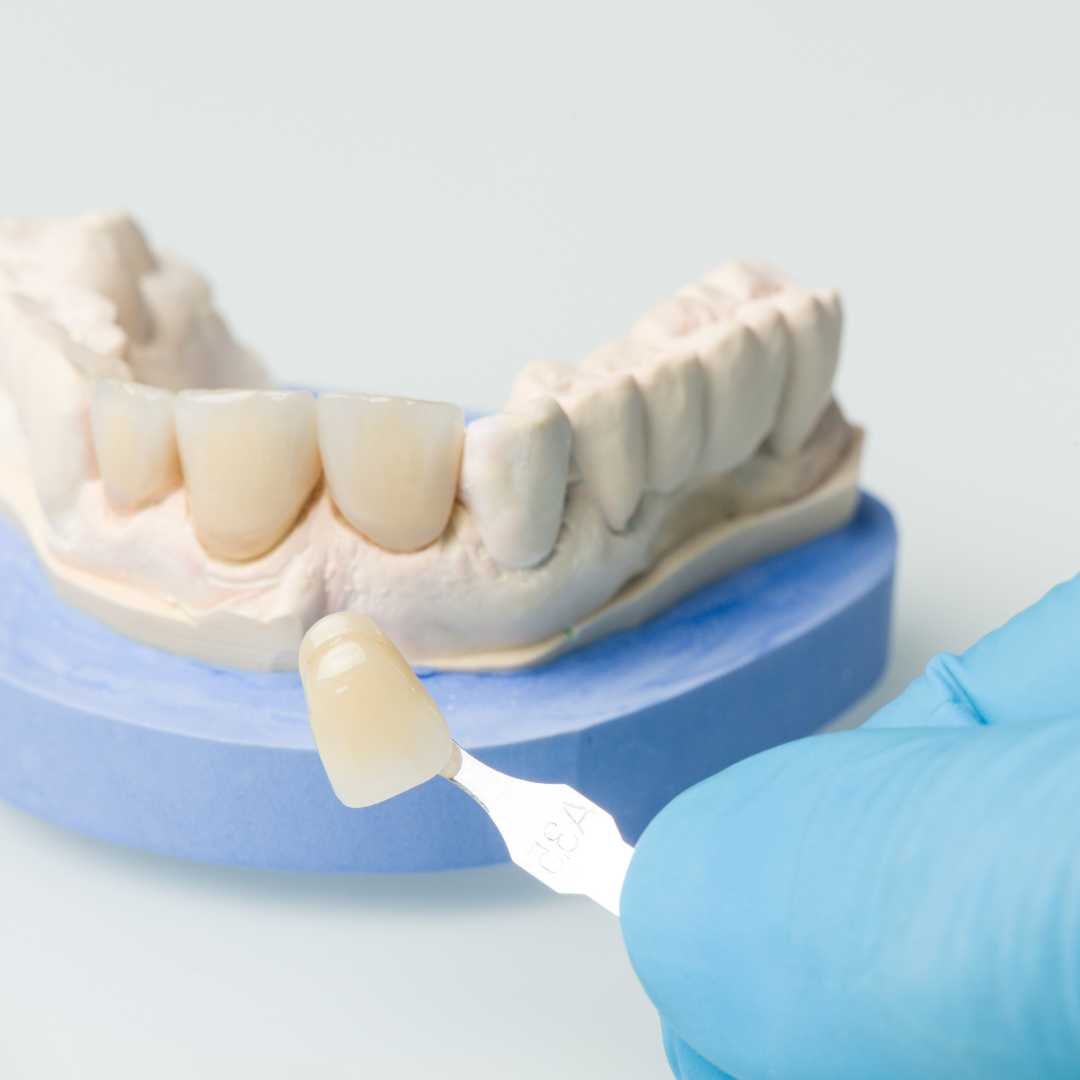






.png)
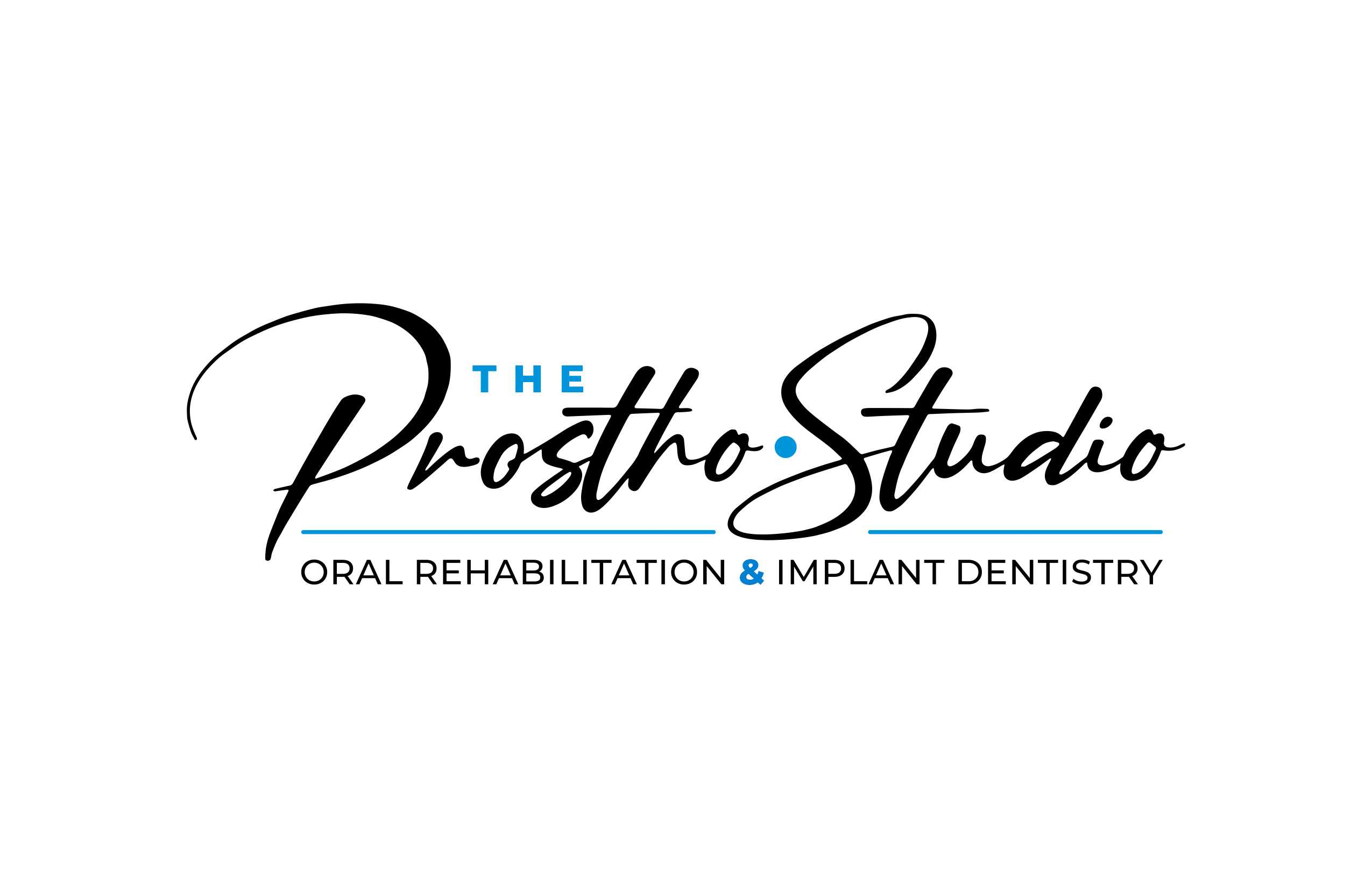
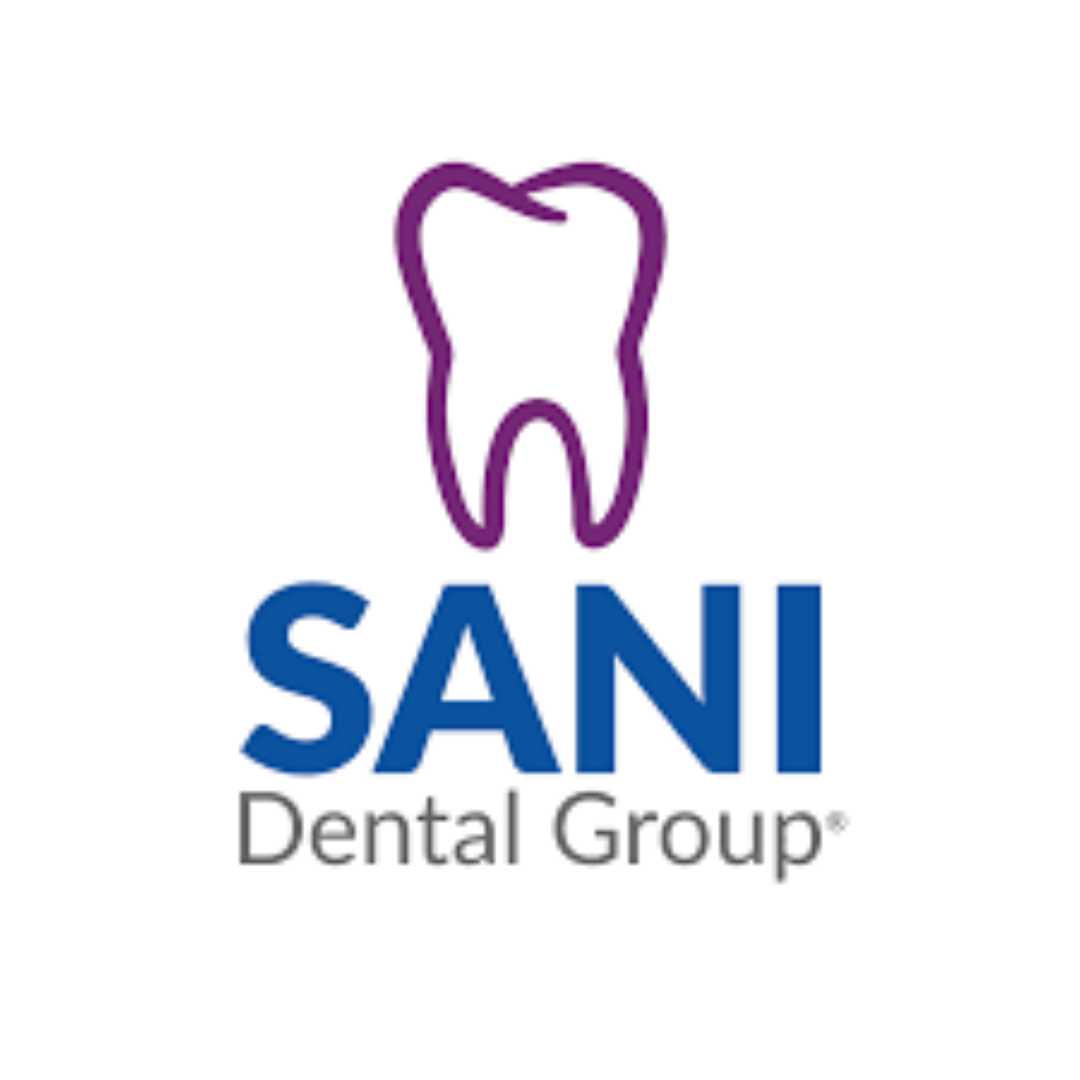
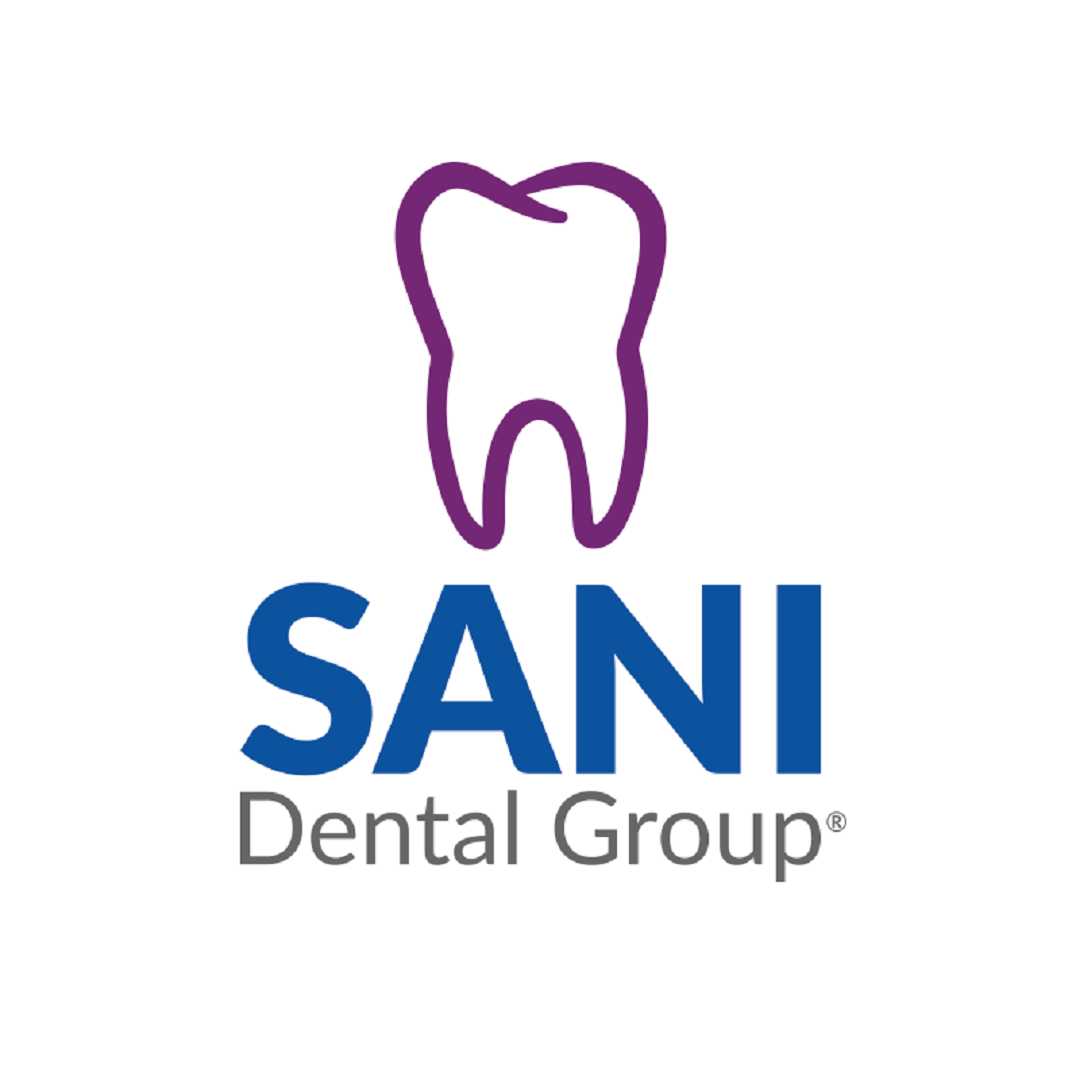
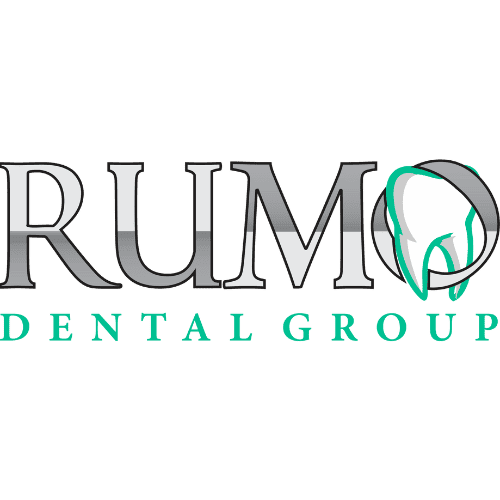


Share this listing